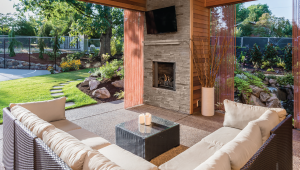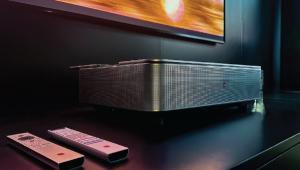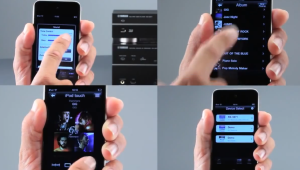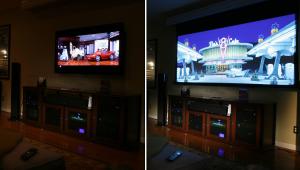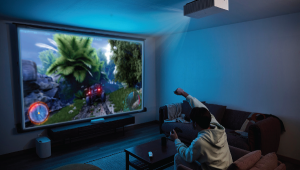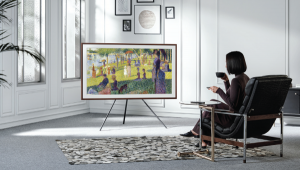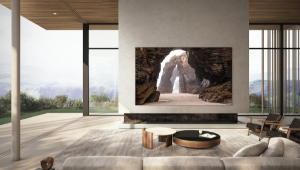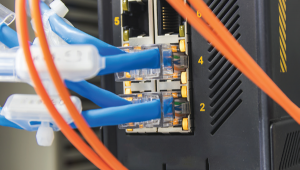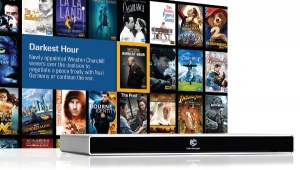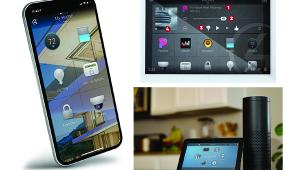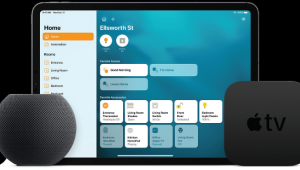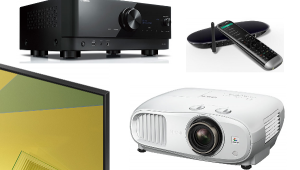Finding Audio Gateways for Millennials
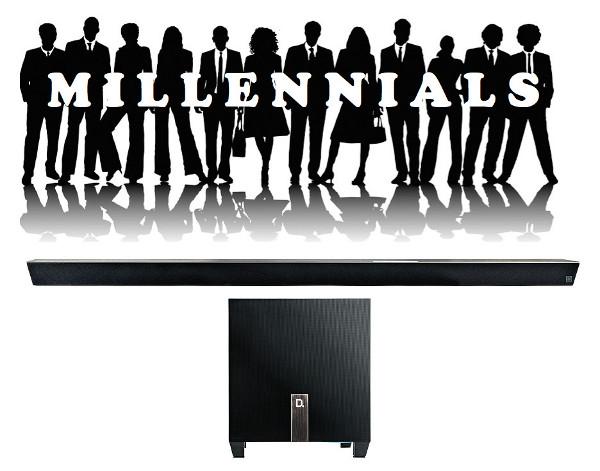
To briefly recap, Ken cited the NPD Group’s Soundbar Ownership and Usage study, saying that millennials—those born between the early ’80s and early ’00s —account for 44 percent of all audio hardware purchases, and that “sales of soundbars costing less than $200 saw double-digit growth, while sales of soundbars costing more than $500 fell 34 percent. Not only are you buying soundbars, you are buying junk soundbars.”
Ken finished the post with the line, “Spend a few bucks for something better than a cheap soundbar.”
Many of the comments from younger readers were along the lines of, “We’d love to buy better audio, but you baby-boomers ruined the economy, and now we don’t have any money!”
As someone who both sells and installs audio gear on a daily basis, I have a different take on this. First, after reading Ken’s post, I mentally went through our customer base, and I couldn’t think of too many people our company has sold to in this age category. Obviously millennials are buying gear—and lots of it—but this group isn’t shopping the way “we”—Gen Xers and prior—did. They aren’t visiting hi-fi or specialty shops to get demonstrations and advice and probably do most of their research and buying online.
That tells me the industry is doing a poor job reaching this generation and explaining the benefits of stepping up to better-performing gear. Or at least the advantages of actually going out and listening and experiencing what better audio sounds like. Honestly, I would love to be able to reach this generation of buyers, even if it is to introduce them to how a better soundbar can enhance their listening experience, or give them an aspirational experience to think about for the future. I remember the first time I saw a video projector; it was a “wow” moment that stuck with me. And even though I was in no position to afford one for many years following that, the experience planted the seed for something I’d purchase down the road.
I look back on my own path to better audio, and it began with far humbler roots than a soundbar. First it was a Sony Walkman with those orange-foam headphones. Then it was a boombox. Then it was a car stereo. Then it was a pair of Cerwin-Vega speakers connected to a Kenwood stereo receiver. My purchasing decisions reflected my current financial situation rather than my interest in audio, and as I acquired more disposable income, I bought better gear.
Many in this generation are just reaching a point where they are coming into their financial own and are likely far more concerned with things like buying houses and starting families. But soon will come the time when they will be able to afford a better experience. My first “big boy” audio purchase was a Definitive Technology subwoofer, which I bought when I was 25 and married; almost exactly the median age of millennials right now.
Beyond improving the anemic audio of flat-panel TVs, many modern soundbars offer an upgrade pathway for housewide audio listening. Whether it’s a Sonos Playbar, a Yamaha YSP with MusicCast, or one of the many DTS PlayFi-enabled products (see my upcoming review of Definitive Technology’s W Studio Micro for a terrific example), buying an appropriately equipped bar can lay the groundwork for enjoying music all throughout a home. Music that is controlled by smartphones and tablets and capable of streaming high-quality audio services like Spotify, Deezer, or Tidal.
Soundbars—and headphones—will likely be the gateway for getting this generation interested in better audio. And, fortunately, they are vastly improved from what they first were and are available from many terrific manufacturers. And hopefully the soundbar purchaser of today will turn into the 7.1.4 dedicated home theater buyer of tomorrow.
